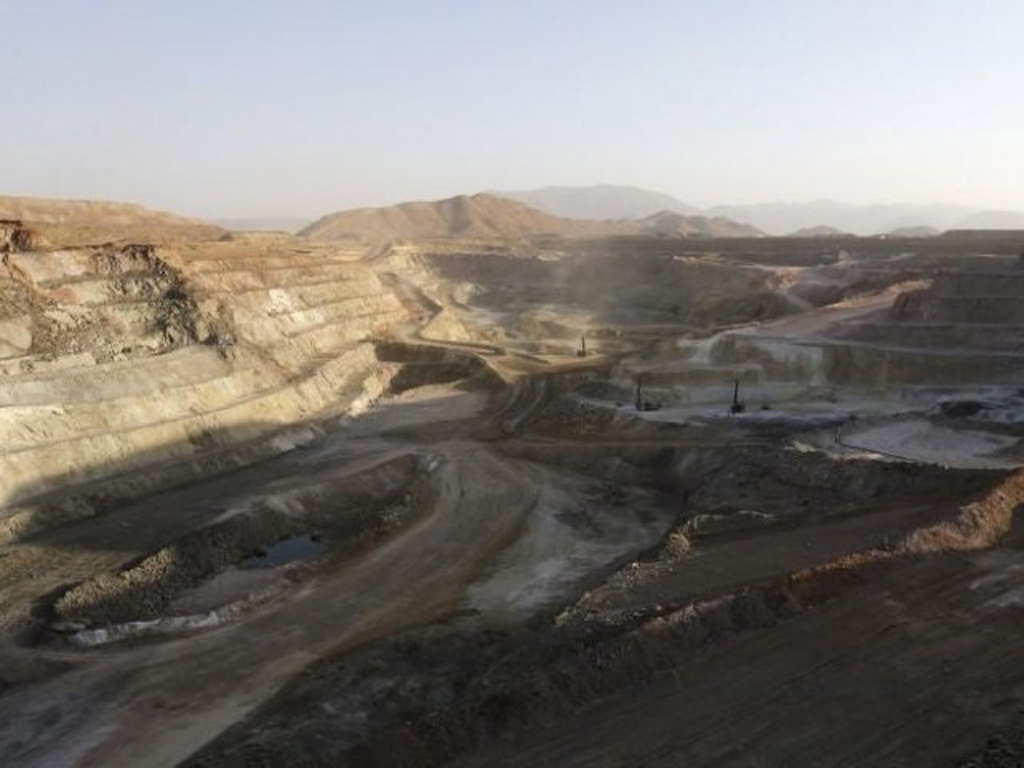Columbia University professor breakdowns World Bank’s arbitrators ‘corrupt ruling’ against Pakistan
- Back in July, World Bank arbitration court ordered the Pakistani government to pay damages of $5.8bn to Tethyan Copper Company.
- Panel of three arbitrators with no expertise in or respect for Pakistan’s legal system ruled that TCC deserved compensation for all future profits, state the report.

Few months back, World Bank’s International Centre for Settlement of Investment Disputes (ICSID) arbitration court awarded a $5.9 billion award against Pakistan in damages to Tethyan Copper Company (TCC), for a project that was never approved by Pakistan and never carried out.
However, a Columbia University professor, Jeffrey D. Sachs, believes that the arbitration court has not been ‘honest’ in giving the $5.9 billion award against Pakistan.
Sharing history of the entire project, Sachs, who is professor of Sustainable Development and Professor of Health Policy and Management, writes in his article for Project Syndicate, an international media organization, that a US-incorporated mining company BHP, entered into a joint venture (JV) with the Balochistan Development Authority (BDA) back in 1993. The JV was set up to prospect for gold and copper, and in the event of favourable discoveries, to seek a mining license.
However, in the early 2000s, BHP assigned the prospecting rights to an Australian company, which created TCC for the project. In 2006, Antofagasta acquired TCC for $167 million and sold half to Barrick Gold.
However, the original JV agreement with BHP soon got challenged in Pakistan’s courts and in 2013, the Supreme Court of Pakistan found that the JV’s terms violated Pakistan’s mining and contract laws in several ways and declared the agreement to be null and void. However, after losing its case in Pakistan’s Supreme Court, TCC moved to the World Bank’s ICSID.
“A panel of three arbitrators, with no expertise in or respect for Pakistan’s legal system, ruled that TCC deserved compensation for all future profits that it allegedly would have earned if the non-existent project, based on a voided agreement, had gone forward!" writes Sachs.
“Because there was no actual project, and no agreement for one, the arbitrators had no basis to say what terms – royalties, corporate taxes, environmental standards, land area, and other basic provisions – the governments of Balochistan and Pakistan would have set. In fact, disagreement on many of those terms had stalled negotiations for years,” the professor added.
Nonetheless, the ICSID in July ordered Pakistan to pay US$5.9 billion in damages to TCC for the denial of a lease to mine a valuable copper and gold deposit – citing alleged defects in the award and a failure to apply Pakistani law to corruption allegations.
“The arbitration ruling is utterly capricious," he wrote. "An illegal project declared null and void by Pakistan’s Supreme Court and never pursued was found by the World Bank’s arbitration panel to be worth more than $4 billion to TCC’s owners, who had paid $167 million for it in 2006,” writes Sachs in his article.
He further said, “The ICSID is not an honest broker as one of the tribunal members in the TCC case is using the same expert put forward by TCC for another case in which the arbitrator is acting as counsel”.
Sach called for a reversal of the ‘outrageous ruling’ against Pakistan and a thorough investigation of the flawed and corrupt process that made it possible.






















Comments
Comments are closed.